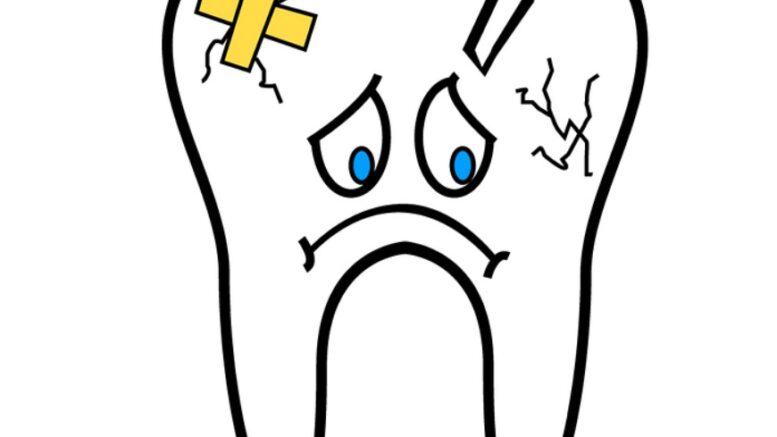While some may not think of it as part of our physical well-being, keeping our oral health in check is vital. Oral health maintenance is crucial, from the gums to our teeth. If you are not mindful of its status, you may begin to experience pain at best or health deterioration at worst.
Out of all the dental conditions, cavities can be the main culprit of a worsening state of oral health. Preventing cavities is not that difficult, especially if you are taking the proper steps throughout your days. As long as you maintain a good level of oral health, your teeth and gums will remain in a good, wholesome condition.
Tooth decay can come about in various circumstances, especially if you are not detailed in your cleaning approaches. Fortunately, you have multiple means at your disposal to prevent them from occurring. Here are some of the best ways to prevent cavities:
1. Brushing Your Teeth
Establishing a good hygiene routine for your daily operations will be important for your oral health. In this sense, you’ll probably want to take account of how you are brushing your teeth. It’s not just about brushing twice a day to ensure that your oral health is kept in check. Instead, you should be brushing your teeth in a particular manner to prevent the onset of cavities.
After eating or drinking, try your best to brush your teeth with fluoride toothpaste. Ideally, this helps to keep your gums in a healthy state so that tooth decay is not accelerated. Don’t forget to floss in between your meals either! And if you require dental care, consider scaling services by the Dentist in Raleigh.
2. Dentist Visits
Whenever you need a professional second opinion, you will usually seek out the most experienced expert for assistance. Regarding your oral care, don’t discount the power of visiting your dentist on a regular basis. These individuals will take a comprehensive look at your mouth to see if any issues are present.
Most of us will usually see our dentist once a year, if at all. It is generally advised to check in with yours at least twice a year, or more if required. This is because, as we get older, the potential for cavities to manifest becomes more likely. Your dentist will be able to discover areas for concern if they are present.
3. Tooth-Friendly Diet
No matter what sort of diet you have, there will be some form of bacteria present. Once you start chomping down on your meals, there will be a gradual bacteria buildup in the mouth. This will inevitably extend to your oral health, to which the bacteria could negatively impact your teeth.

In the worst possible outcome, these foods can be the foundation of cavities. Most experts recommend consuming foods and drinks that are friendlier on your teeth overall. Avoid foods that can become stuck inside the pits of your teeth as well. Fresh vegetables and fruits will always be a welcome addition to your diet!
4. Rinsing Your Mouth
In addition to your usual hygienic plan, you’ll also want to add in a few extra motions as well. If you feel as if you need it, add some fluoride-based mouthwash to your routine. This will help clear out any remaining traces of bacteria inside your mouth so that it does not linger. Should your dentist recommend something else, take note of that too.
5. Dental Sealants
Sometimes, the potential for cavities to arise will become more prominent in certain circumstances. If your situation is worrisome, your dentist may make the recommendation of using dental sealants. These types of sealants are protective plastic casings, which can be fitted to the back teeth.
The purpose of these sealants is to ensure that the targeted grooves are protected from acid. Your tooth enamel is especially vulnerable to acid and can deteriorate to the point of no healthy return. Pre-emptively protecting it through dental sealants can ensure that cavities do not become a possibility.
6. Snack Frequency
As human beings, we need to get our nutrients in on a daily basis! Even though we cannot stop hunger completely, you’ll want to take stock of how much snacking you do. Mouth bacteria increase the more you eat during the day, after all. If you must snack, ensure that you consume healthy foods that promote saliva flow.
7. Fluoride Treatments
As one of the most commonly used chemicals in maintaining good oral health, fluoride is imperative. If fluoride toothpaste or mouthwash is not cutting it, your dentist may recommend further treatments. For example, custom trays, similar to dental sealants, might be the way to go after a cavity diagnosis.
